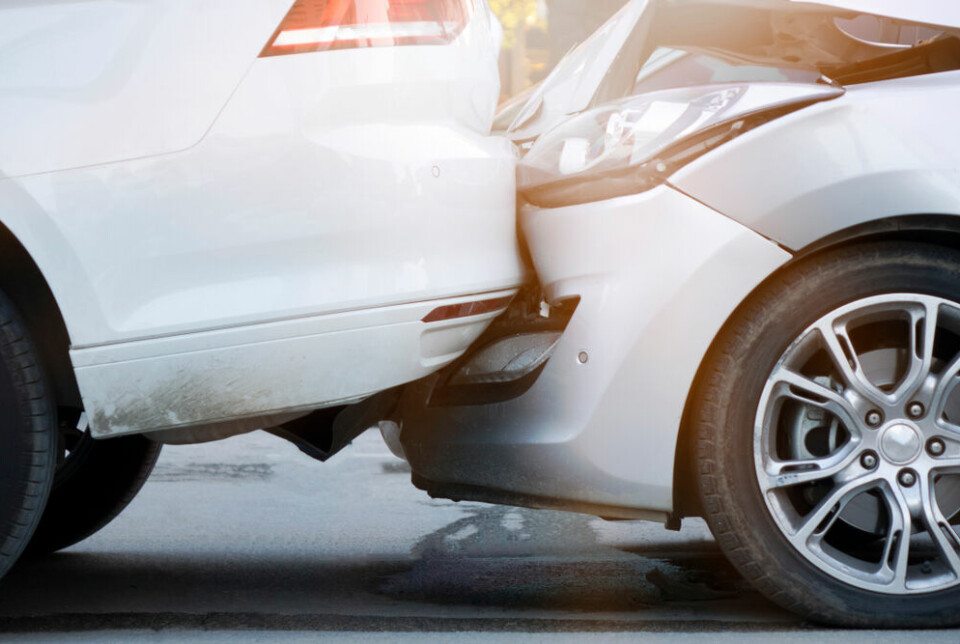Car damaged in France: Can I claim without having the driver’s details?
It is not obligatory for a driver to sign a constat amiable (accident form)
It is worth keeping an accident report form in your car
Scarc / Shutterstock
Reader Question: Another driver leaving a party I was attending scraped the side of my car with his. He did not give his details but told me to ask the host for them and said he would pay for the repair. He is now refusing to pay or contact his insurer. What should I do?
In events such as this you should always ask for the relevant information directly, without relying on a third party.
Do this regardless of what the other person might say. As you have seen there is always a risk they will not follow up on their promises.
You should keep a blank constat amiable – a standardised form available in multiple languages – in your car, which you and other drivers can complete immediately after an accident.
Read more: What is a constat amiable and do I legally need one in my French car?
Unfortunately, you do not have a copy of this form from the driver (note: carbon copies are allowed). However, you can still fill it in yourself and send it off to your insurer, even if you do not have their contact details.
In the ‘observations’ section provide as much information as you have about the other party and note they did not complete their form when asked to.
If you have details of witnesses to the incident that you can contact for eyewitness reports, send these too to support your claim.
Is it illegal to not sign a constat amiable?
It is not illegal for a driver to refuse to sign a constat amiable.
It is illegal, however, for a driver not to provide their contact details after an accident, including information about their insurance policy.
As you only have partial contact details – that you had to request through a third party – and the other person is still withholding their insurance information, you should remind them of this.
Once your side of the constat amiable is signed, there are several possible options.
Firstly, the driver of the other vehicle is contacted by his insurer, and eventually files his own report.
If the other driver will not accept full responsibility, and the two insurers cannot agree, it is possible they will accept shared responsibility. Each driver in this case would have to pay half of the excess, and each would have a small increase in their next premium, but less than if deemed wholly responsible.
If the driver still refuses to fill out a report even after being contacted by their insurer, they will be deemed 100% responsible.
However, you may see your premium costs rise the following year.
Finally, if there is no way to contact the other driver’s insurer (or they continue to ignore you), this is equivalent to a hit and run (délit de fuite), which is illegal.
In this situation, your insurer may contact the Fonds de garantie des assurances obligatoires de dommages which helps pay for damages caused by uninsured drivers. You can also contact them yourself here.





























